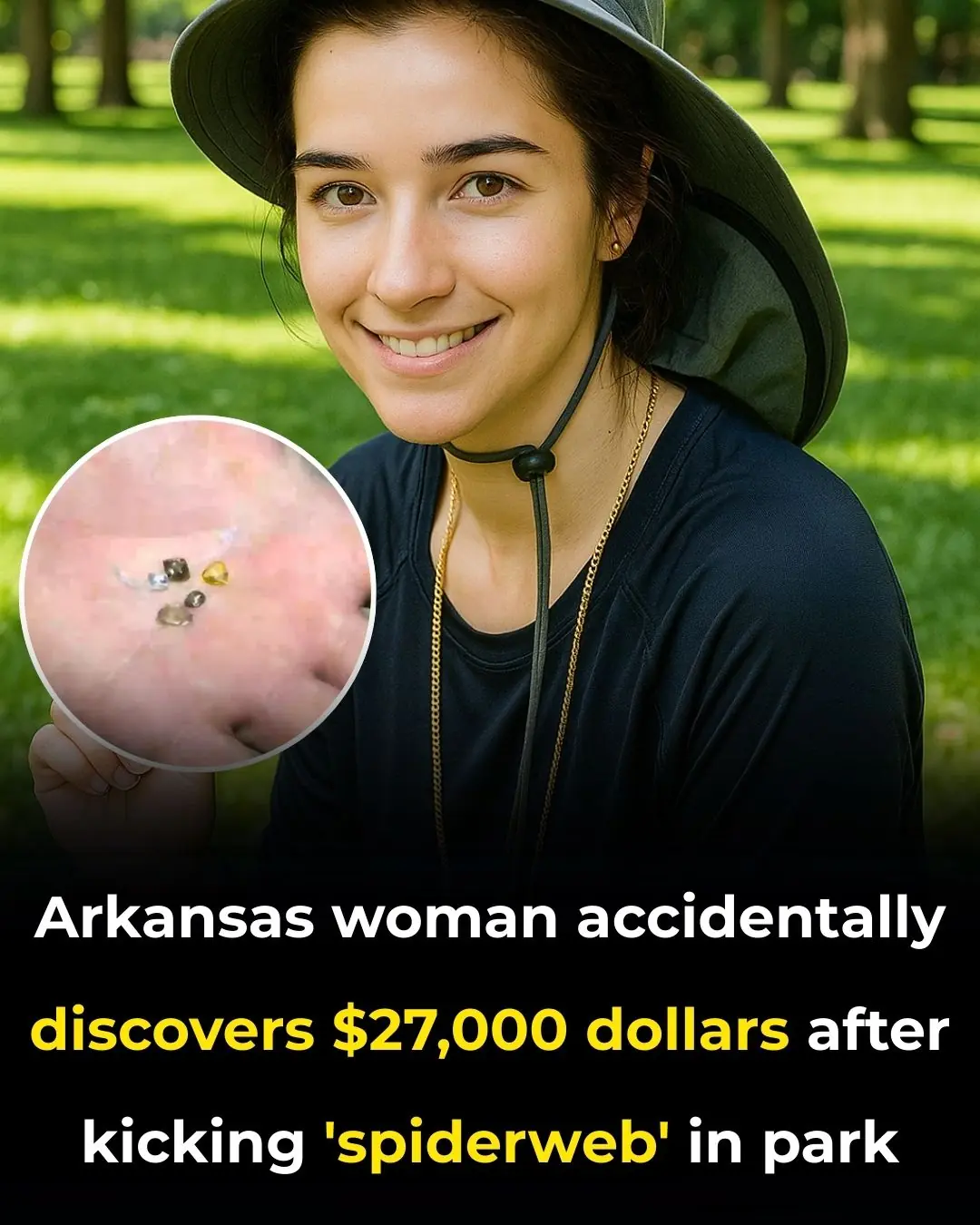
4 Common Traits of Adults Who Grew Up Without Love
Emotional Wounds: The Quiet Scars Left by Silence
Not all wounds are carved by harsh words or open conflict. Some of the deepest emotional scars are created in silence. Averted eyes, unspoken affection, or the quiet indifference of a caregiver can weigh just as heavily as anger or criticism. These subtle absences often leave echoes that shape the way we connect, trust, and love in adulthood.
Four Hidden Signs of Unexpressed Childhood Love
1. Trust Feels Like a Gamble: When Self-Worth Is Built on Fragile Ground
Growing up without consistent affection is like building a house on sand—it may stand for a while, but it shakes with every storm. Without emotional validation, children often grow into adults who live with self-doubt. Their sense of worth is shaky, uncertain, and easily undermined.
This insecurity quietly sabotages growth. They may reject opportunities that could bring joy, fearing failure or rejection. In relationships, trust becomes a battlefield. If those who were meant to nurture and protect caused pain through neglect, how can anyone else be fully trusted? Each new bond feels like a leap into the unknown.
2. Love Feels Foreign—Sometimes Even Dangerous
Affection withheld in childhood can make love feel like a language you were never taught. Instead of comfort, it brings confusion, suspicion, or even fear. When someone shows genuine care, it may trigger unease—What do they really want? Will they disappear?
This fear often fuels extremes. Some cling tightly, terrified of abandonment, while others isolate themselves to avoid the risk of being hurt. Inside, however, the longing for connection never disappears. It creates a painful dance between desire and fear—a push-and-pull that leaves the heart restless.
3. Needs Go Unspoken, Boundaries Go Unset
Children who grew up with emotional neglect often learned a dangerous lesson: that their feelings were inconvenient, unimportant, or unsafe to express. As adults, this lesson lingers. Saying “yes” when they want to say “no” becomes a habit. Their own needs take a backseat, replaced by constant caretaking of others.
The result? Boundaries blur. They struggle to stand up for themselves or voice their desires, leading to exhaustion and emotional disconnection—even from their own inner world. It is as if they no longer know what they truly feel or need.
4. A Lifelong Search for Recognition
Love isn’t just about being cared for—it’s about being seen. When children are denied that recognition, they often carry a hunger into adulthood. This hunger shows up in relentless striving: chasing career milestones, clinging to external approval, or seeking attention from people who remain emotionally unavailable.
But no amount of success or validation fully fills the gap. It’s like pouring water into a bottomless vessel—no matter how much you achieve, the inner emptiness whispers, It’s not enough.
Pathways to Healing
The hopeful truth is that these patterns don’t have to define the rest of your life. Healing begins with awareness—recognizing that your struggles are not weakness but survival strategies rooted in your past.
From there, healing can take many forms:
-
Therapy to untangle old wounds and rewrite your story.
-
Mindful self-reflection to notice patterns instead of being ruled by them.
-
Healthy, nurturing relationships that model consistent affection.
-
Learning to receive love slowly, gently, in ways that feel safe.
Think of it as relearning how to walk after an injury. At first, the steps feel unsteady, but with patience, practice, and self-compassion, stability returns.
Your Past Does Not Dictate Your Future
Even if childhood lacked warmth, you are not bound to repeat that script forever. Adulthood offers something powerful: the chance to choose differently. You can create new patterns, embrace deeper connections, and extend to yourself the love you were once denied.
Healing does not erase the past—but it reshapes the future. It allows you to build a life that feels safe, soft, and whole.
Because love, even if it was missing before, can always be learned, nurtured, and lived—starting with yourself.
News in the same category


Watch – Mexico City is Converting Highway Pillars Into Vertical Gardens to Clean the Air and Beautify the City

Trump is Looking to Change Marijuana Laws in the Us and It Could Have a Major Impact
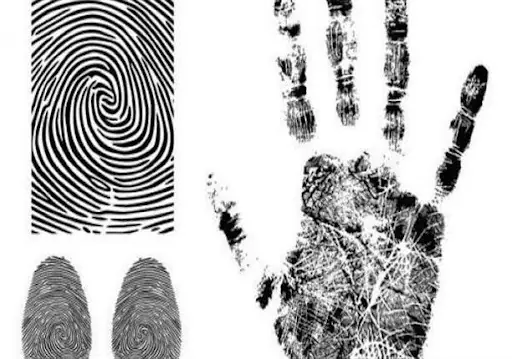
Decode the secrets behind human fingerprints.

Ch!lling simulation shows what actually happens to your body when you d!e
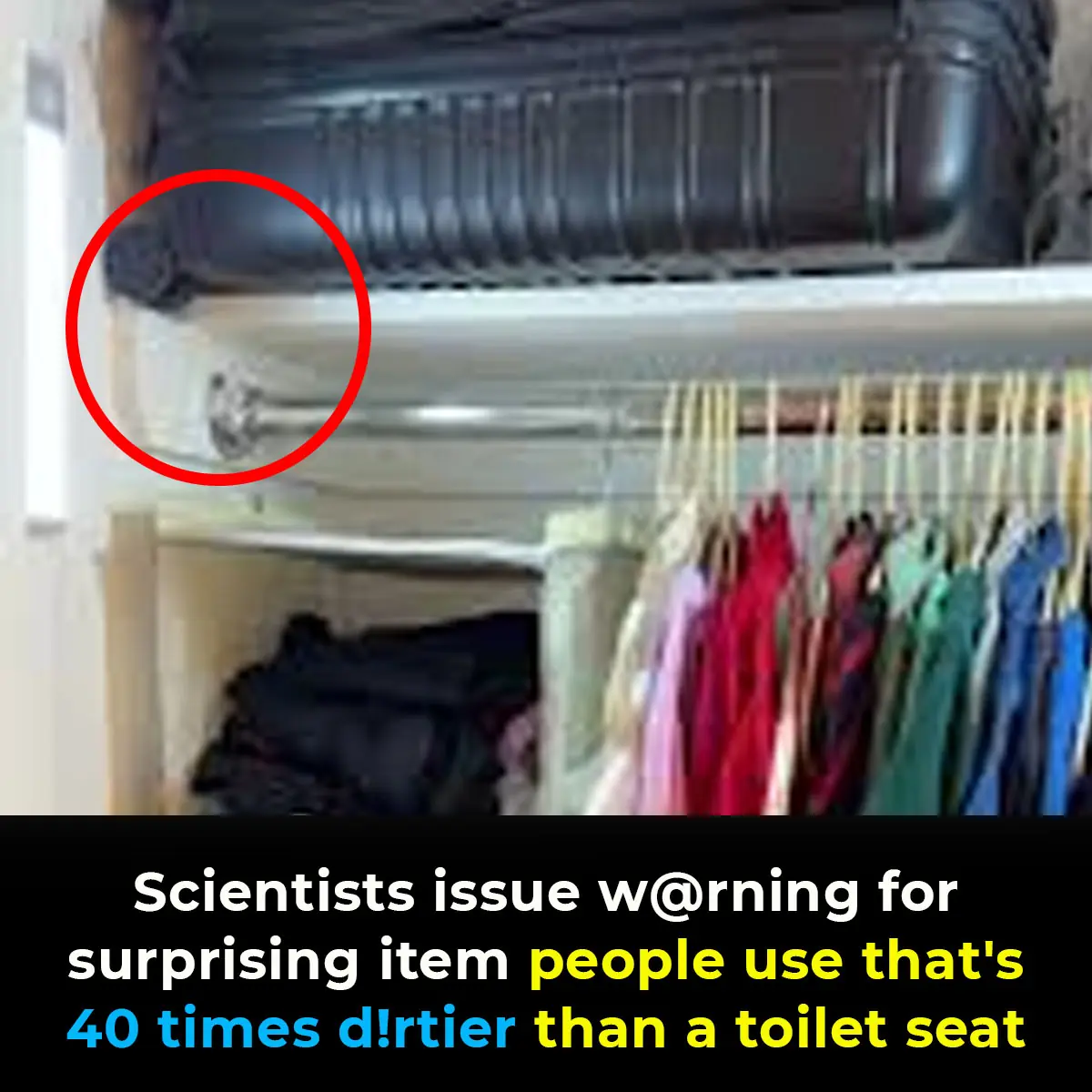
Scientists issue warning for surprising item people use that's 40 times dirtier than a toilet seat

Scientists reveal what your favorite way to eat eggs really says about you
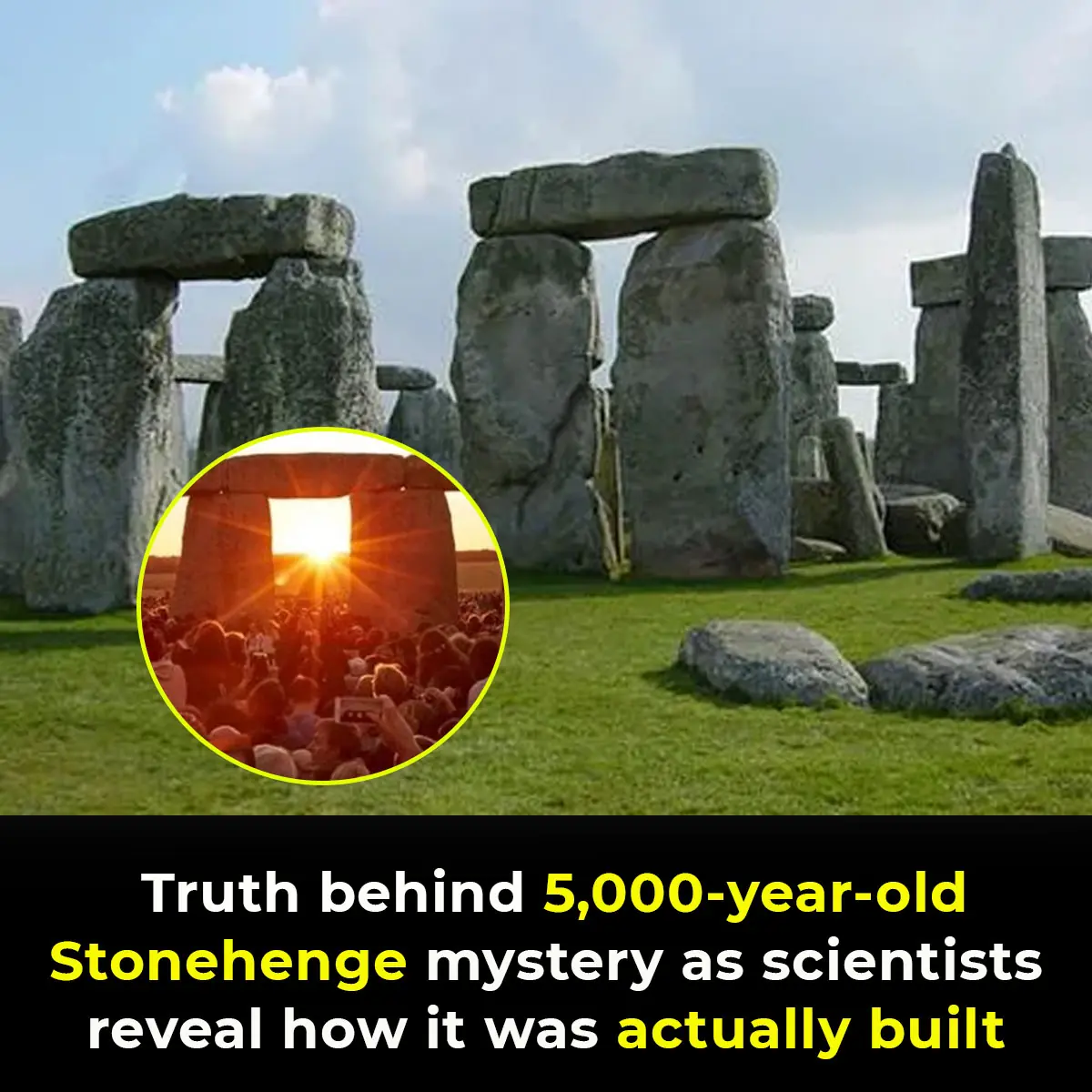
Truth behind 5,000-year-old Stonehenge mystery as scientists reveal how it was actually built

New report reveals exactly which professions are most at risk from AI takeover in the next five years
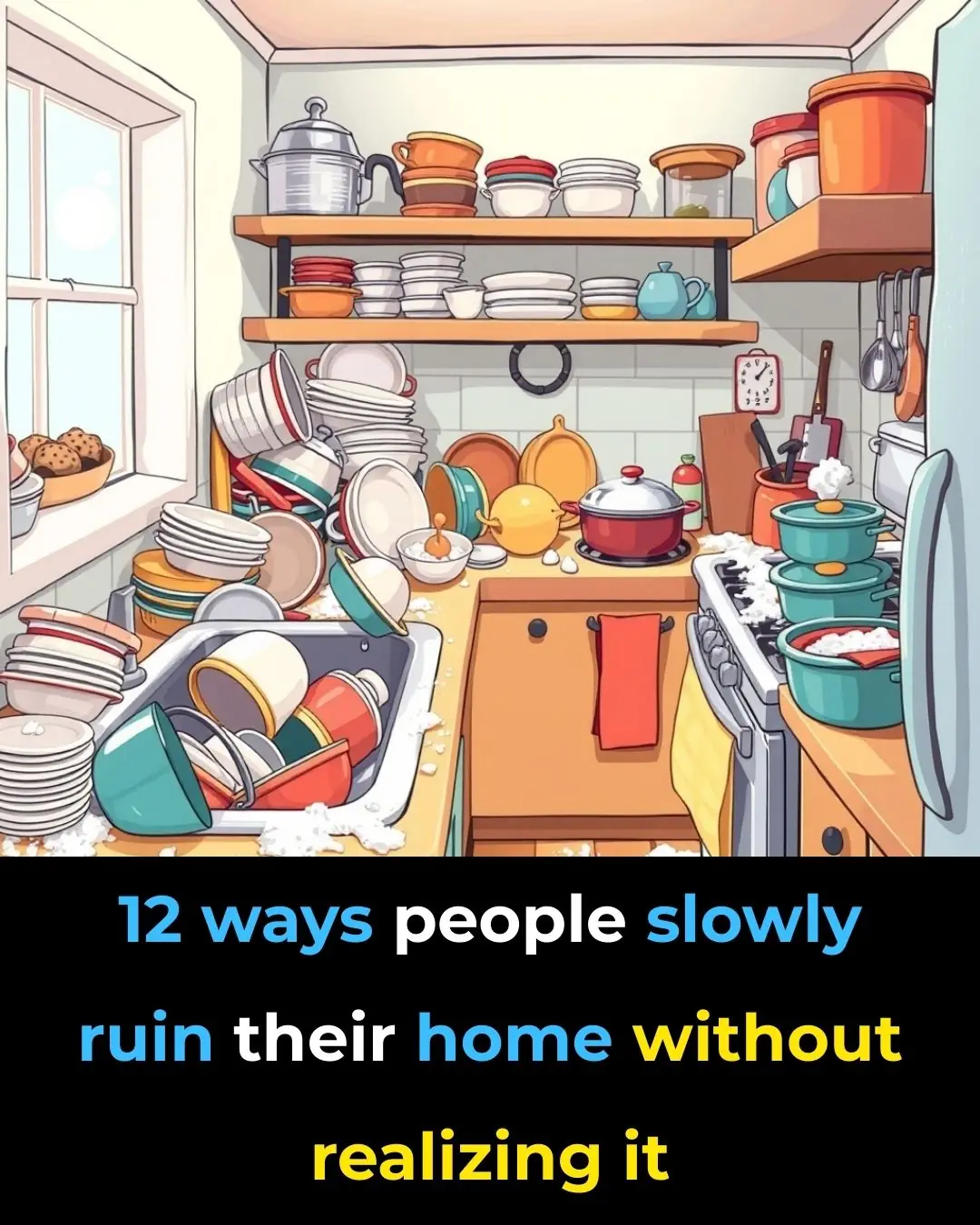
12 Small Habits That Could Be Ruining Your Home
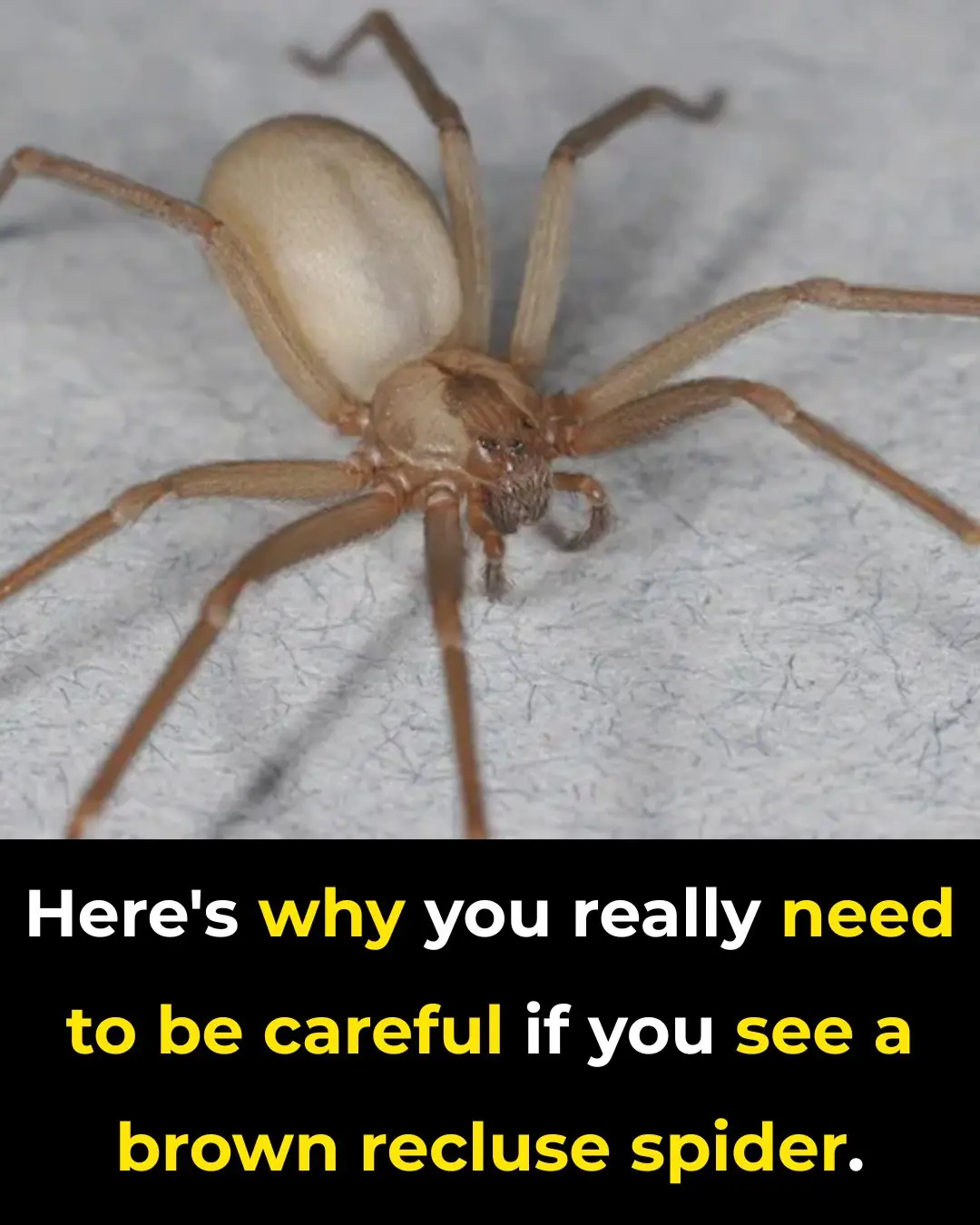
Are Brown Recluse Bites Really That Dangerous? Here’s What You Should Know

Blue Stop Signs: What Do They Mean?

16 Subtle Clues Your Partner May Not Be Loving You as You Deserve

15 Phrases You Should Never Tell a Man to Avoid Tension

The UK Has Created a Robot Fish That Eats Ocean Plastic and Powers Itself by Digesting It, Eliminating the Need for a Battery

MrBeast finally reveals his net worth after admitting how much is in his bank account live on stream
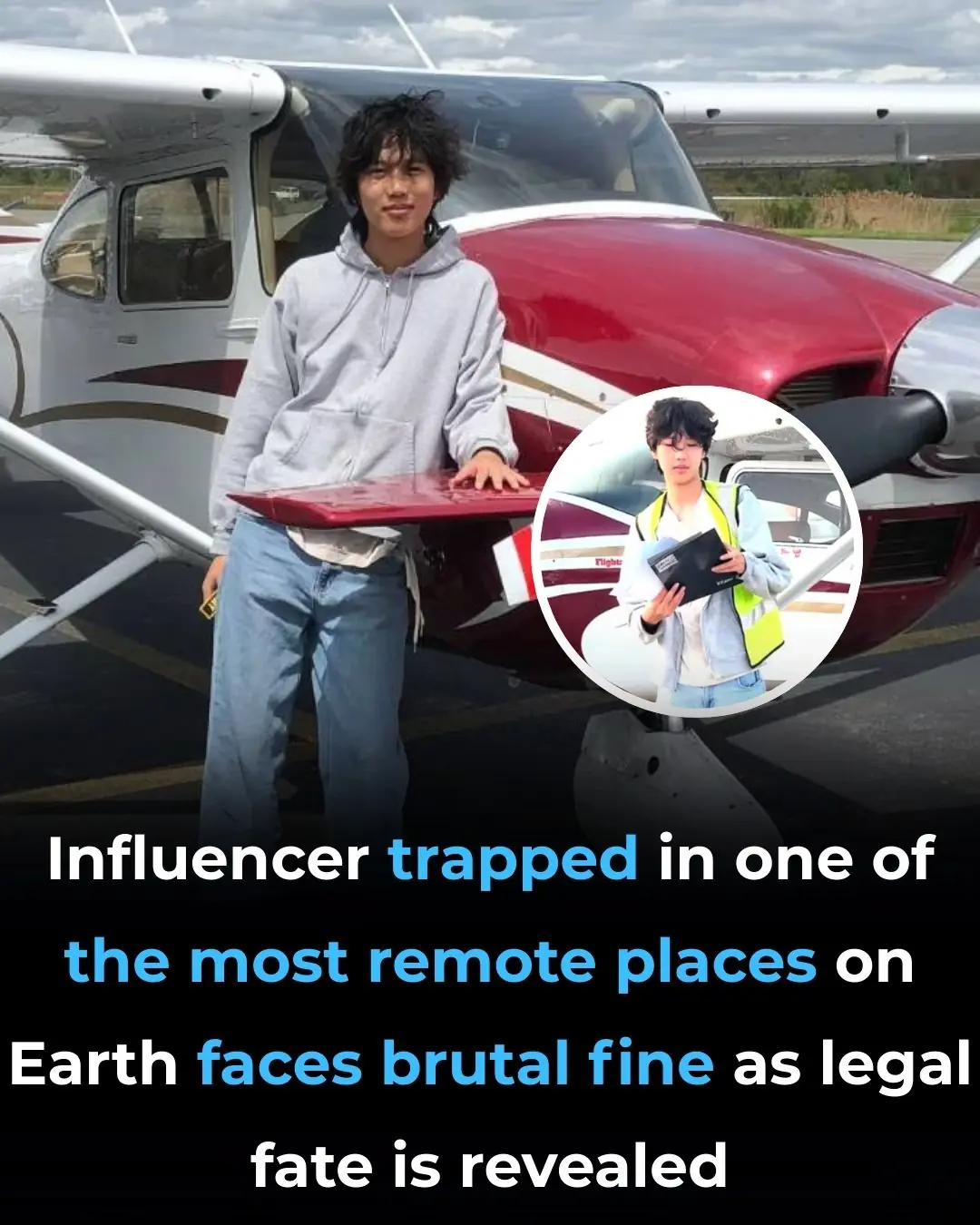
Influencer trapped in one of the most remote places on Earth faces brutal fine as legal fate is revealed

Texas announces major plan to fight flesh-eating flies as they prepare to descend on the US

The Volume Buttons on Your iPhone Have Countless Hidden Features
Your iPhone’s volume buttons may seem simple, but they’re packed with powerful, time-saving shortcuts. From snapping perfect photos without touching the screen to activating emergency calls in seconds, these “secret” tricks can make your iPhone ex
News Post

Arkansas woman accidentally discovers $27,000 dollars after kicking 'spiderweb' in park

The Nightly Power of Garlic: 9 Incredible Benefits and How to Use It

An Onion Drink for Eye Health: A Holistic Approach

A Pill to Regrow Your Teeth? The Future of Dentistry is Here
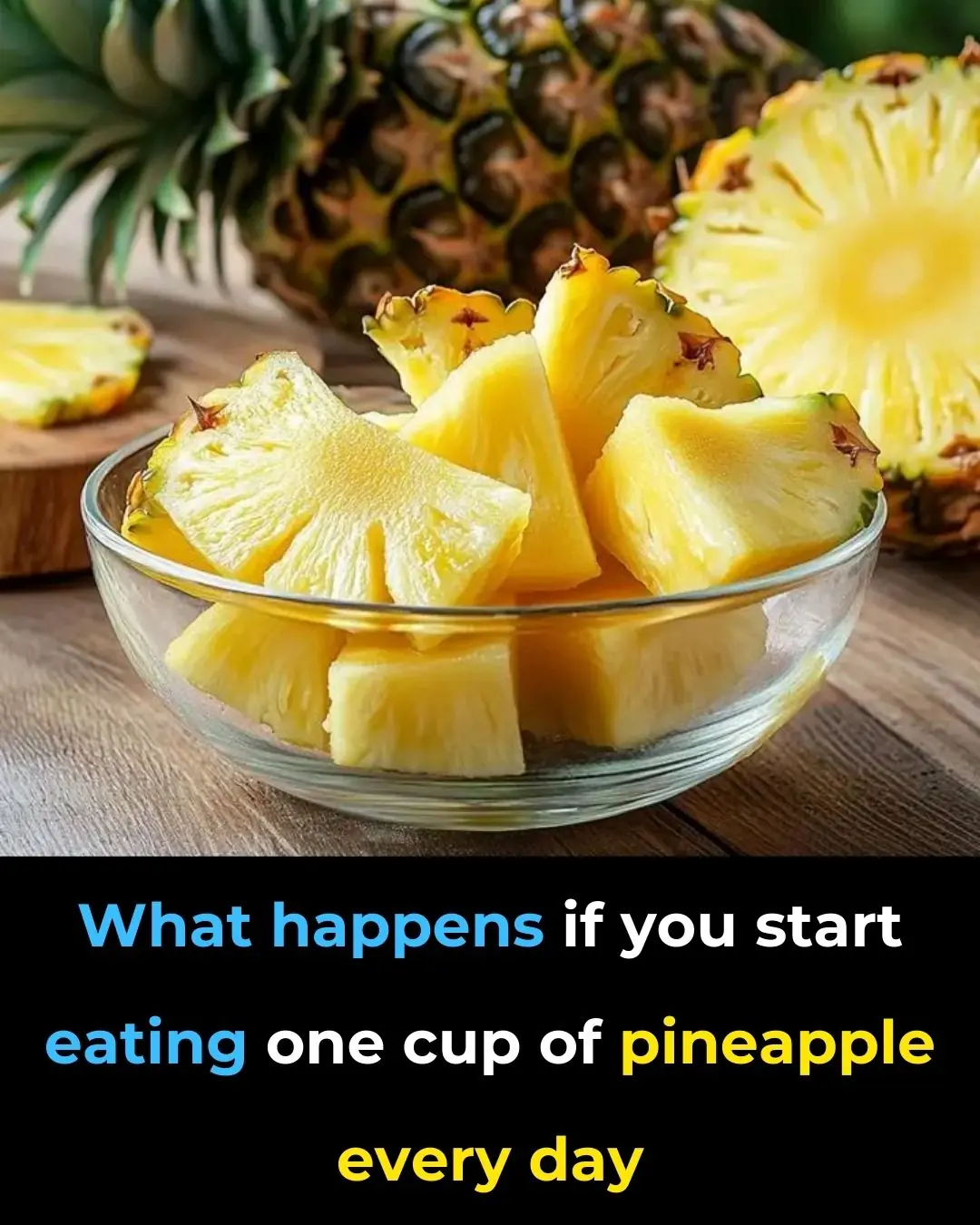
6 Health Benefits of Eating One Cup of Pineapple Every Day
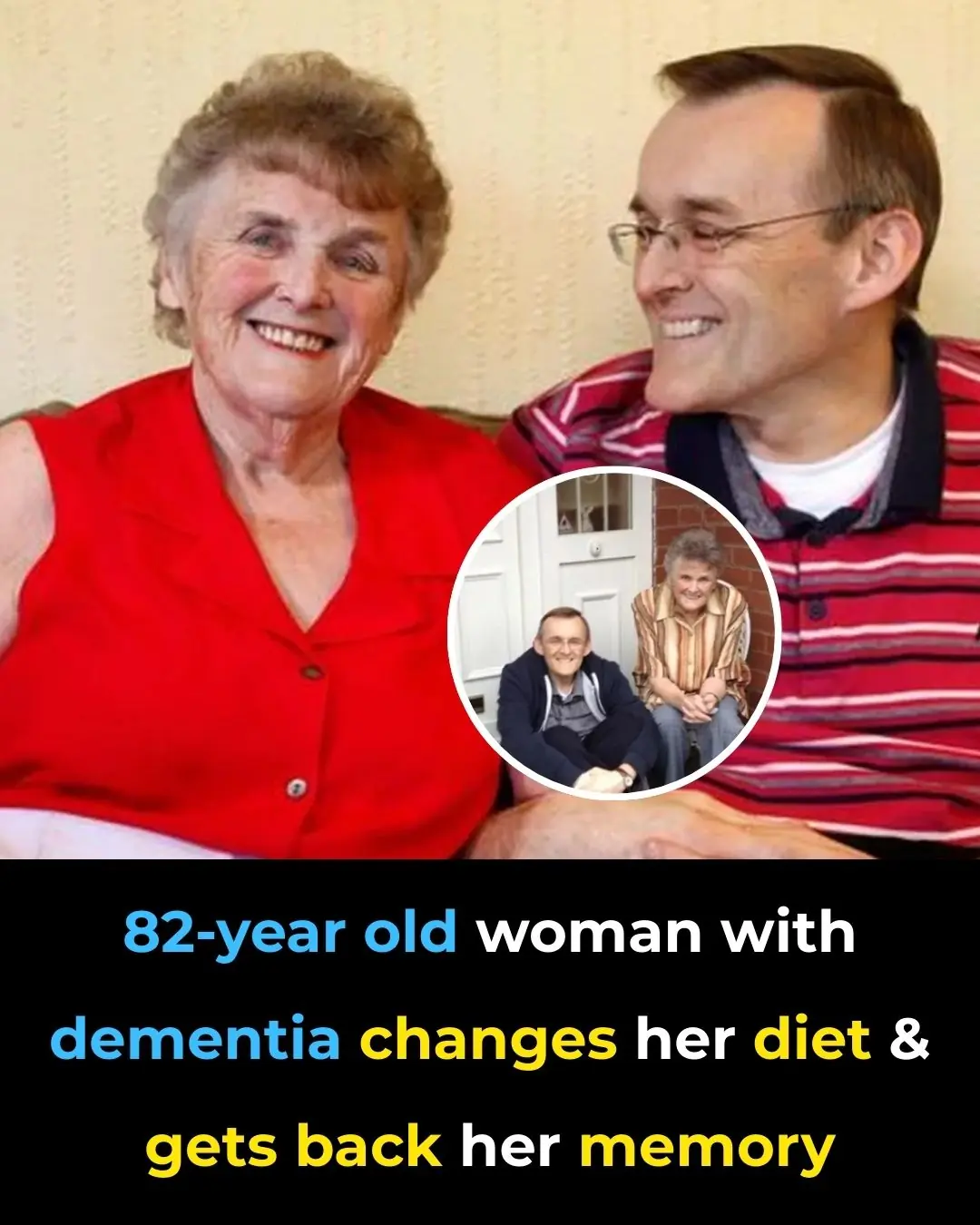
82-Year-Old Woman Reverses Dementia Symptoms with Mediterranean Diet

The Real Consequences of Sleeping With…

Tibremciclib for Advanced Breast Cancer: Is It Worth It?
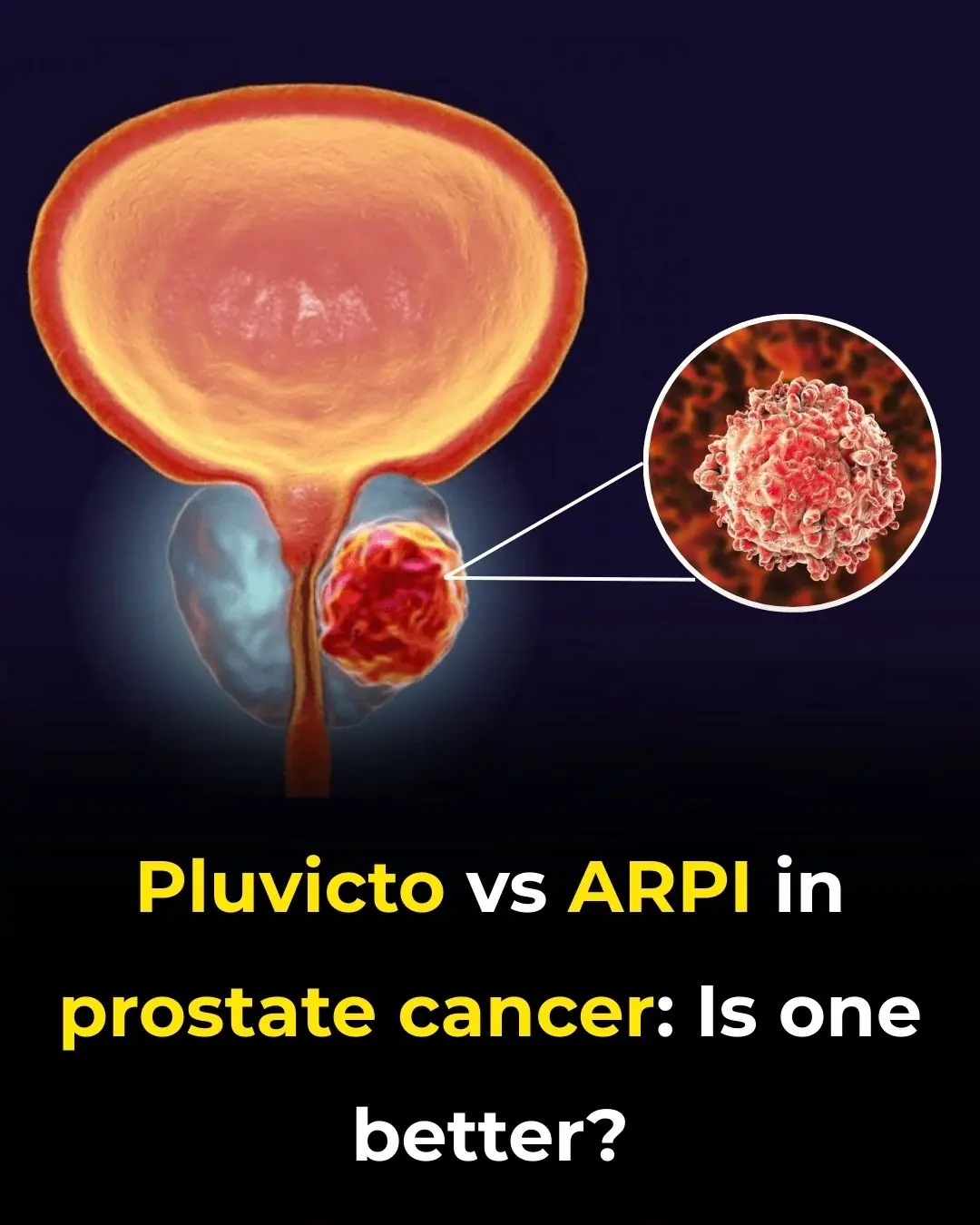
Pluvicto vs ARPI in Prostate Cancer: Is One Better?

Does Chest Pain Always Mean a Heart Attack?

10 Tasty Snacks Packed With Good-for-You Carbs

Pokeweed: The Attractive but Highly Toxic Plant Growing in Your Backyard

Goosegrass: Health Benefits and Uses

The Powerful Health Benefits of Lipton, Cloves, and Ginger Tea Every Woman Should Know

Drink this before bed to balance blood sugar & stop nighttime bathroom trips!
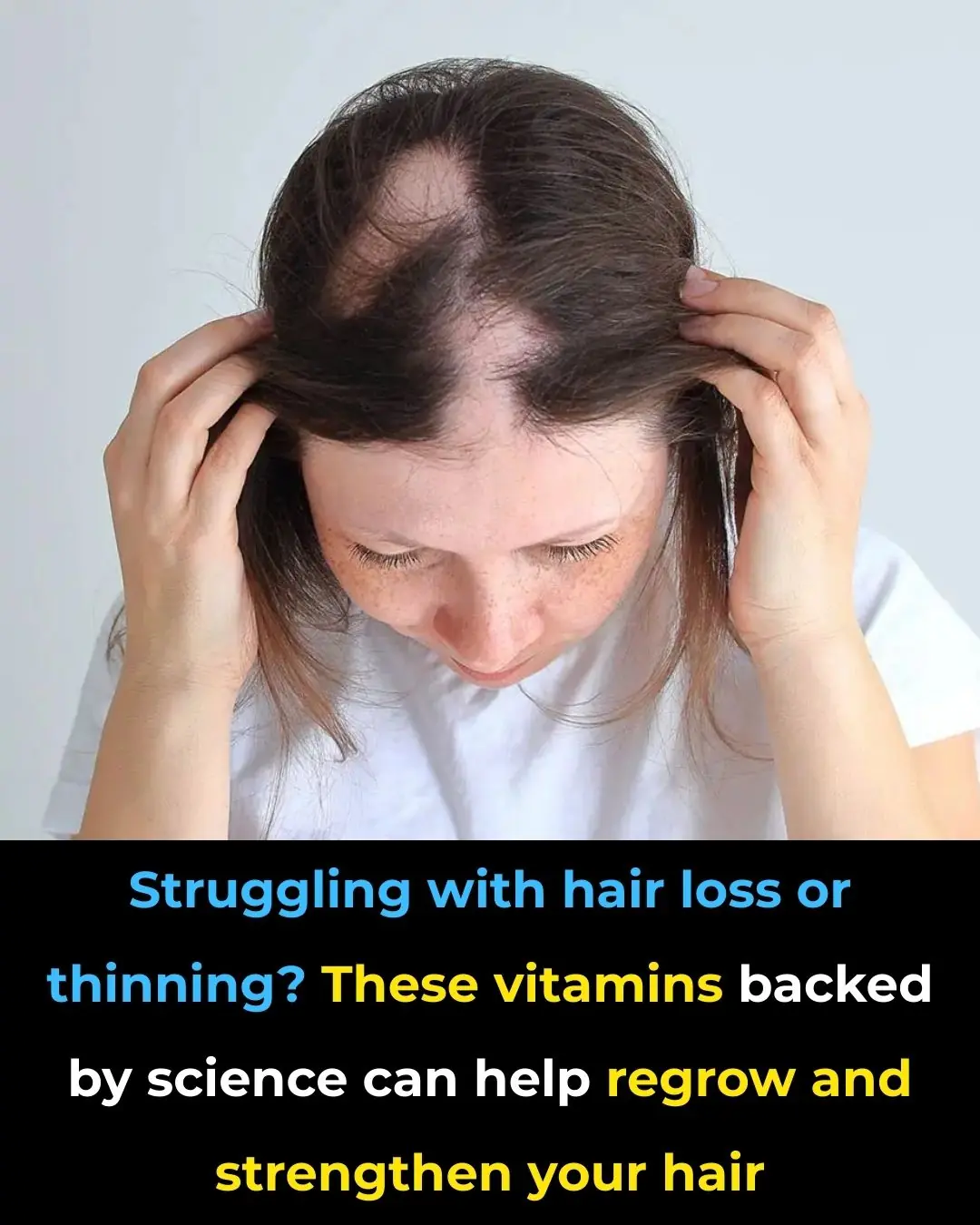
This vegetable oil linked to “aggressive” tumour growth, study finds

The Miracle Tree: 16 Health Benefits of Moringa & How to Use It
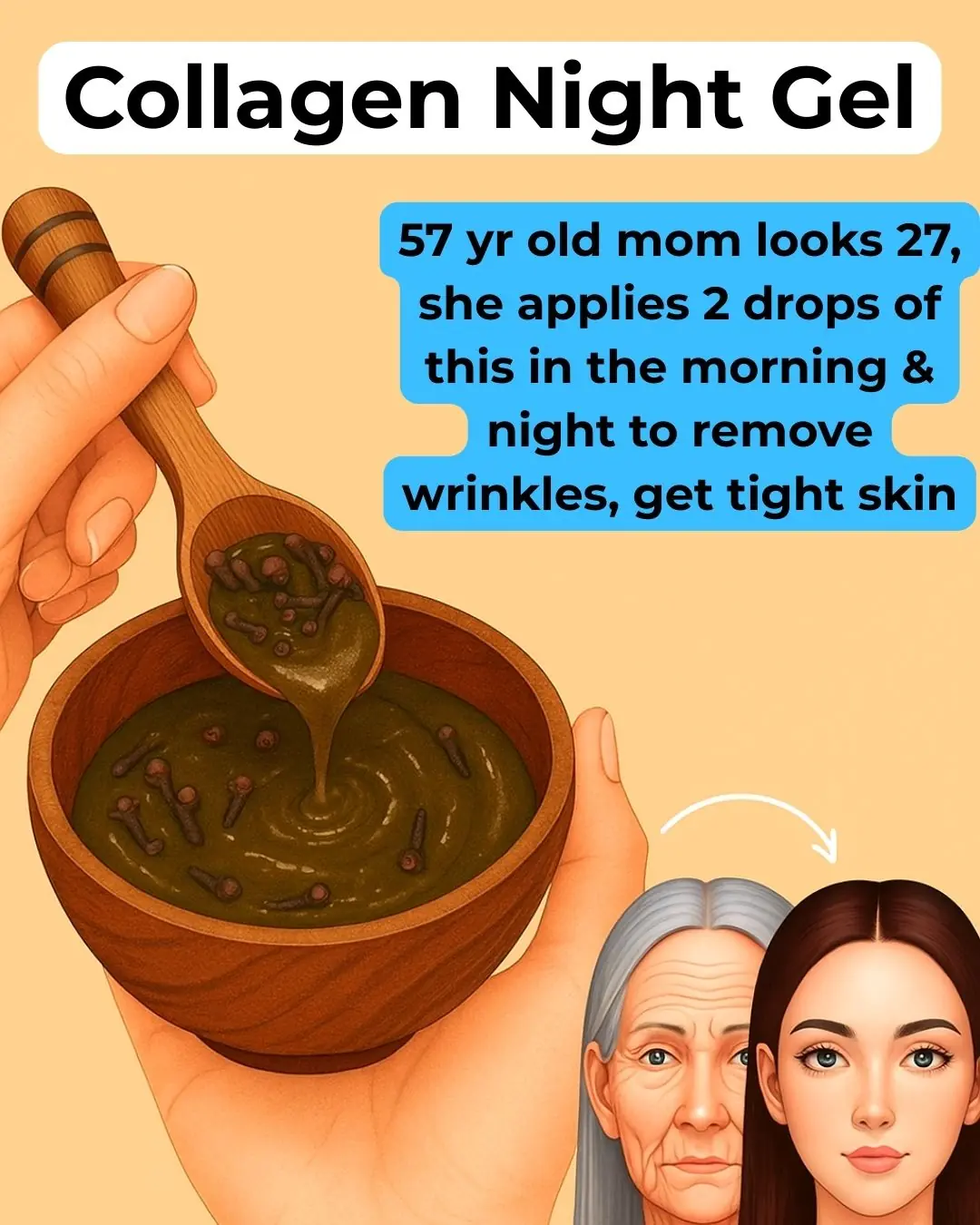
Clove Collagen Gel : Night Gel For A Smooth & Tight Skin
